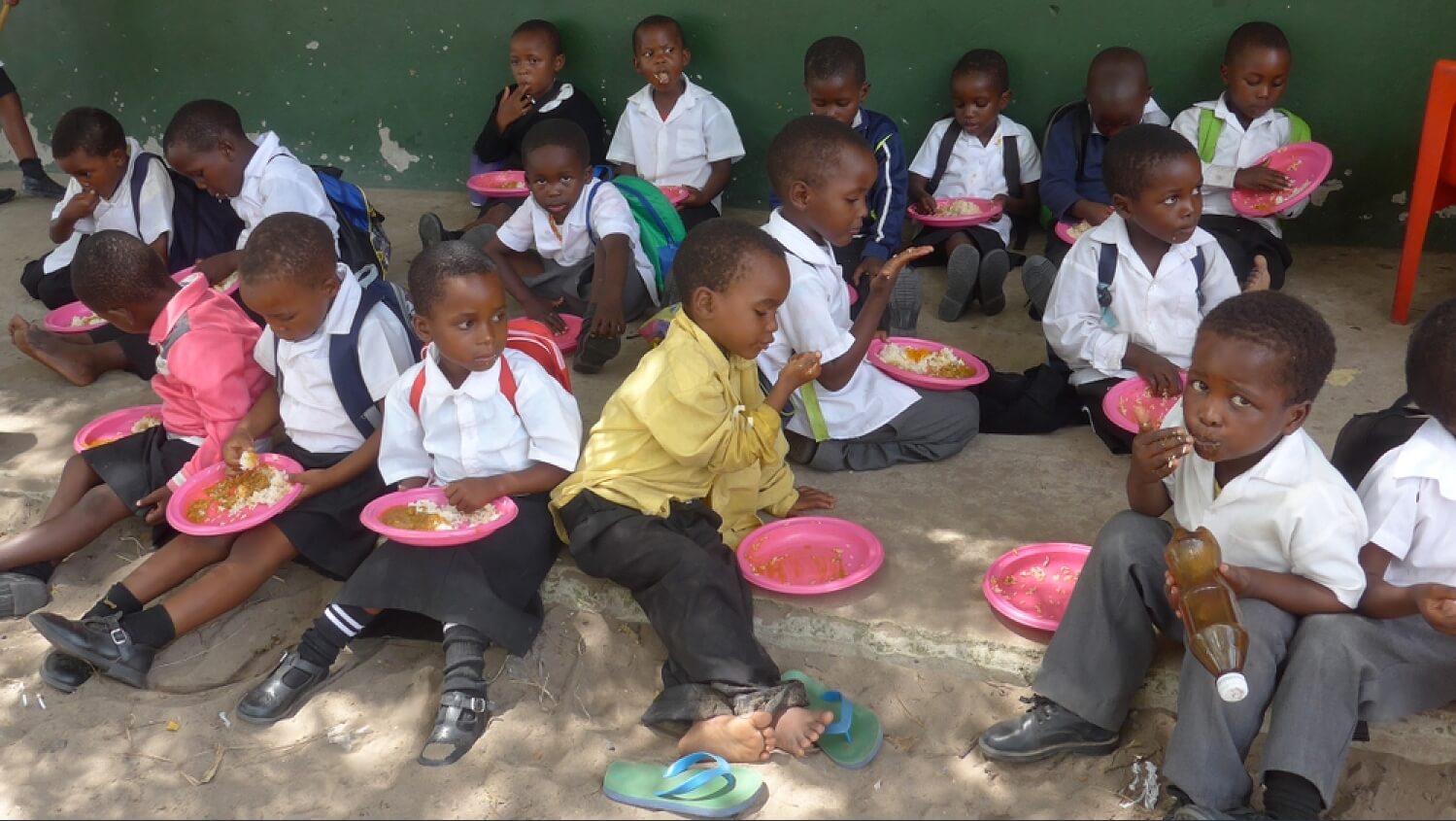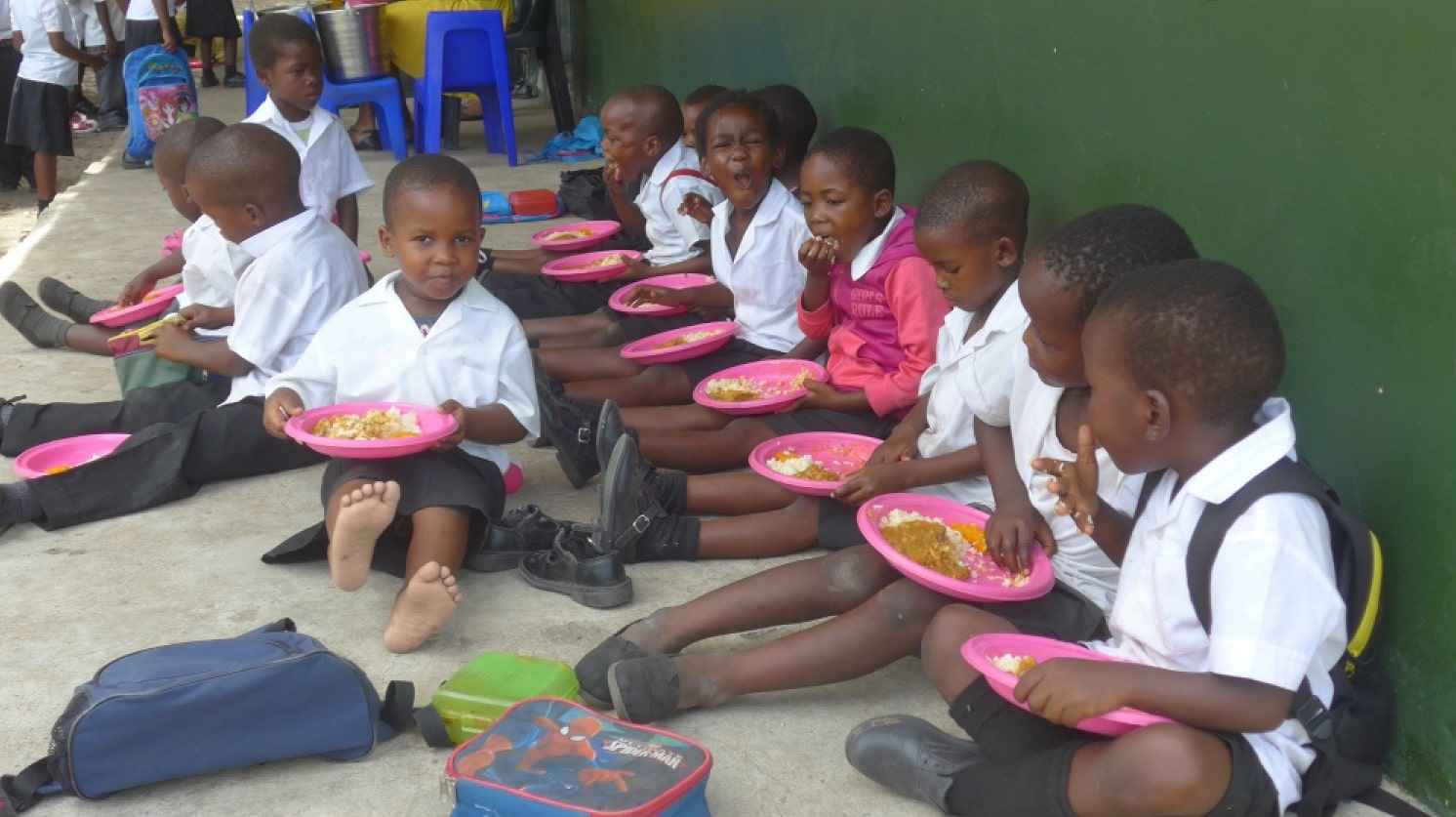
The meals provided by PHS were made with locally-sourced ingredients such as millet, beans, and vegetables. The meals were prepared and served by trained cooks who received hygiene and safety training from PHS, ensuring that the food provided was safe and healthy for the children.
In addition to providing meals, PHS worked to raise awareness about the importance of good nutrition and healthy eating habits among the students and their families. PHS organized nutrition education sessions for students, teachers, and parents, which included information on the importance of a balanced diet, healthy food choices, and food safety.
The project had a significant impact on the communities it served. The provision of daily meals helped to improve the health and well-being of the students, many of whom were suffering from malnutrition prior to the project. The meals also helped to increase attendance and participation in school, as children were more likely to attend and stay in school when they were receiving daily meals. Moreover, the project provided economic benefits to the local community, as the meals were sourced from local farmers and prepared by local cooks. This helped to support the local economy and create jobs in the community.
To ensure the sustainability of the project, PHS worked closely with school administrators, teachers, and parents to establish a community-led management system. This involved training community members on meal preparation and hygiene, as well as establishing community gardens to grow some of the food used in the meals. The project had a significant impact on the students and their families. By providing daily meals, PHS helped to address malnutrition and improve the overall health of the students.
This, in turn, helped to improve their attendance and academic performance.
Moreover, the project also had a positive impact on the local community. By working closely with community members, PHS helped to build stronger relationships between the schools and the wider community. This, in turn, helped to promote community ownership and sustainability of the project.
Overall, the PHS school meal project in Kpankpan was a success. By providing daily meals to students and working closely with the local community, PHS helped to improve the health and education of children in the region. The project demonstrated the power of community-driven solutions to address some of the most pressing challenges facing vulnerable populations in Benin.

